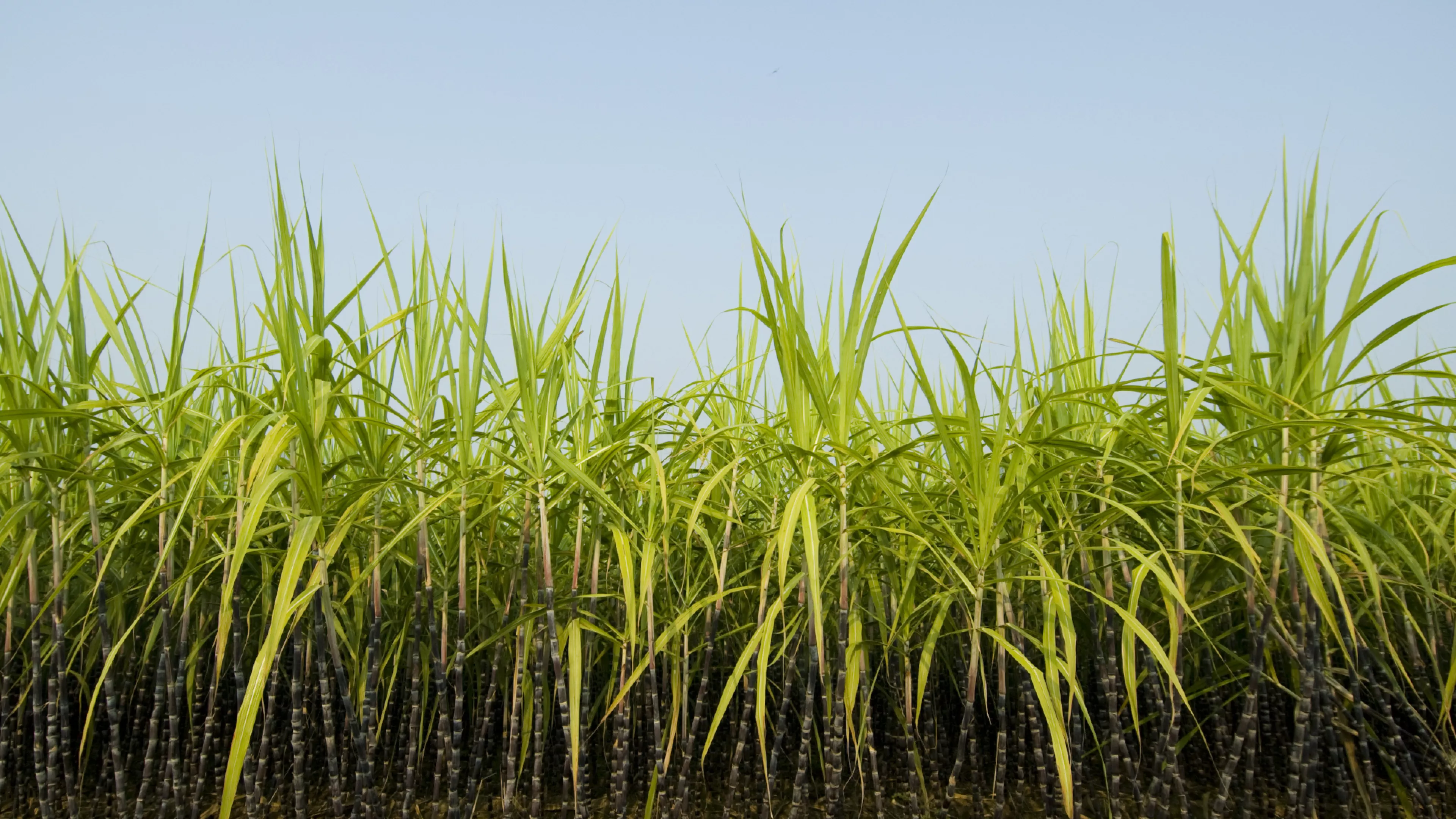
Hurricane Preparedness
Be ready for hurricane season. Take action TODAY to be better prepared for when the worst happens. Understand your risk from hurricanes, and begin pre-season preparations now. Make sure you have multiple ways of receiving forecasts and alerts, and know what to do before, during, and after a storm.
Guia de Huracanes de Clewiston
Before the Storm
The Atlantic hurricane season is here, running from June 1st to November 30th. Each year, our community comes together to prepare for the unpredictable nature of this season. We review our plans and gather supplies, so let’s stay on top of it!
Here’s how you can prepare yourself and your family:
-
Create an Emergency Plan: Ensure everyone in your household understands your hurricane plan. Don't forget to establish a family communication plan.
-
Gather Supplies: Stock up on enough food, water, and essentials to last at least 72 hours for every family member. Consider any special needs, including supplies for pets, seniors, or medications.
-
Maintain Your Yard: Take care of any tree trimming and yard work now to prevent overwhelming waste services when a storm approaches.
-
Review Insurance Coverage: Check your insurance policy to ensure you have adequate coverage and understand any exclusions. Reach out to your agent if you need to make changes.
-
Know Your Shelter Options: Be aware of special needs shelters available in our area.
-
Stay Informed: Keep yourself updated by visiting the City’s website and following us on social media for the latest information. For reliable hurricane updates, refer to the National Oceanic and Atmospheric Administration’s National Hurricane Center.
Let’s work together to keep our community safe!
After the Storm
As we recover from the storm, it’s crucial to stay informed. Keep monitoring local TV, radio, and social media for updates.
Please avoid leaving your home and limit unnecessary travel to allow emergency crews to do their work. If you're returning home, expect longer travel times and be cautious of potentially hazardous road conditions.
Here are some key steps to take:
-
Assess Hazards: Check your surroundings for immediate dangers and evaluate any damage to your property. Take photos for your records.
-
Exercise Caution: When using chainsaws and generators, be careful. Remember that carbon monoxide can be a danger, especially if windows are open nearby.
-
Stay Away from Hazards: Avoid downed power lines and debris to prevent injuries.
-
Water Safety: Follow any boil water advisories and purify water as needed.
-
Dispose of Waste Properly: Adhere to guidelines for garbage and storm debris disposal. Make any immediate repairs you can.
-
Coordinate with Professionals: Work with your insurance agents and City Building officials for any permanent repairs.
-
Help Your Neighbors: If you can, assist those in need.
Preparing for Debris Collection
Once the storm has passed, please follow these instructions for debris collection:
-
Place household waste in your garbage bin at the curb on your regular collection day.
-
Keep waste separated: regular garbage should be distinct from vegetative waste, and non-vegetative debris (like broken fences or patio furniture) should also be separated. These items will be collected separately, with regular garbage picked up first.
-
Do not put debris in your garbage bin.
-
Handling Damage
If your home sustained damage, we recommend using only licensed and insured contractors for repairs. After natural disasters, some individuals may seek to take advantage of homeowners in need of help. Be cautious of anyone offering tree removal or home repair services.
Let’s work together to ensure a safe and efficient recovery!
